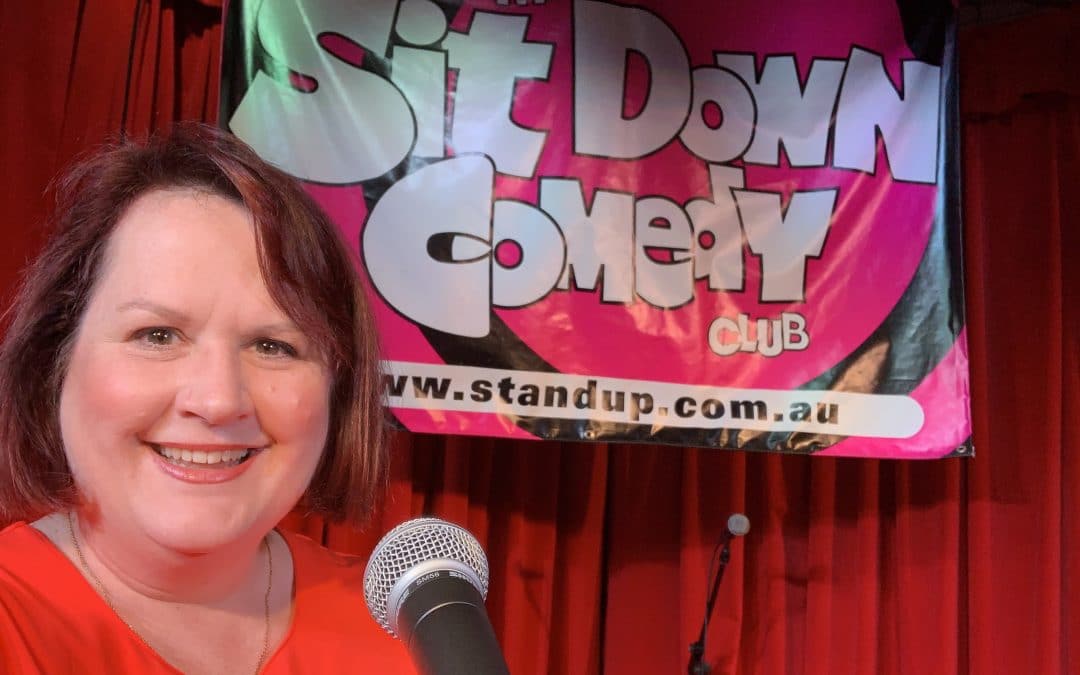In 2019 I participated in a stand up comedy workshop which included, as a form graduation, each of the students to deliver a 5-7min set.
Whether I was funny or not might still be something to debate!
As part of the whole experience the students were encouraged to go along to an open mic night at any local venue and watch the comedians, novice and experienced, and pick up on what they do. At the open mic nights I was surprised with how much swearing goes on. The host / MC for the night ‘swore like a trooper’ and, to me, it came across as lazy.
Swearing and comedy has been a common debate for a long time. I believe it comes down to our own personal taste, how much we like the comedian and the context. What we might all agree on is that the comedian’s office seems to have some significant wiggle room when it comes to language.
Swearing on a factory floor 20 years ago was practically mandatory, has that really changed much?
What about in the traditional office? We know that swearing is generally frowned upon in that environment, yet we also know that some does happen.
According to The Science of Swear Words there are 84 profane words in the English language.
Does knowing all those words impress you or repel you?
There are pieces of research that attempt to show swearing is positively aligned to honesty, or does it?
We found a consistent positive relationship between profanity and honesty; profanity was associated with less lying and deception at the individual level, and with higher integrity at the society level.
It would seem there are articles looking loosely for explanations and permissions for the profanity. The three studies that are often referred to in articles that are erring on the side of pro-swearing, and actually need closer examination:
- One study only tentatively supports a positive alignment.
- One study points to the opposite: a negative impact.
- One study is inconclusive.
Imapct on your Self-Leadership
When it comes to managing up, growing your leadership impact, and sparking your self-leadership swearing is something completely in your control.
A CareerBuilder survey found that 81% of employers think profanity is unprofessional.
While permissive cultures might make swearing okay at work, the questions I am curious to explore with you are whether you are okay with how your swearing (if you do) impacts on your visibility, voice and value.
Visibility:
How do others react, hesitate to, or actively seek you out if you are known as prolifically profane?
- Do people avoid you, minimise their time with you, or avoid seeking your advice?
- Miss opportunities because of a concern of how you are perceived by others?
Voice:
How do others perceive and receive you based on your communication?
Value:
- Does swearing freely re-affirm your personal and professional values?
- Does swearing raise your value in the organisation as seen by those who can impact your career?
- Does your leadership gain, or not, from your swearing?
Any impact on leadership effectiveness will have an impact of productivity.
But I don’t swear?
If you don’t swear, what impact does the swearing of others have on you?
I see an opportunity for using your leadership to influence or mentor others who may not have the awareness to see if swearing is having a negative impact on their professional relationships, leadership and productivity.
I’d love to know your thoughts on this.




